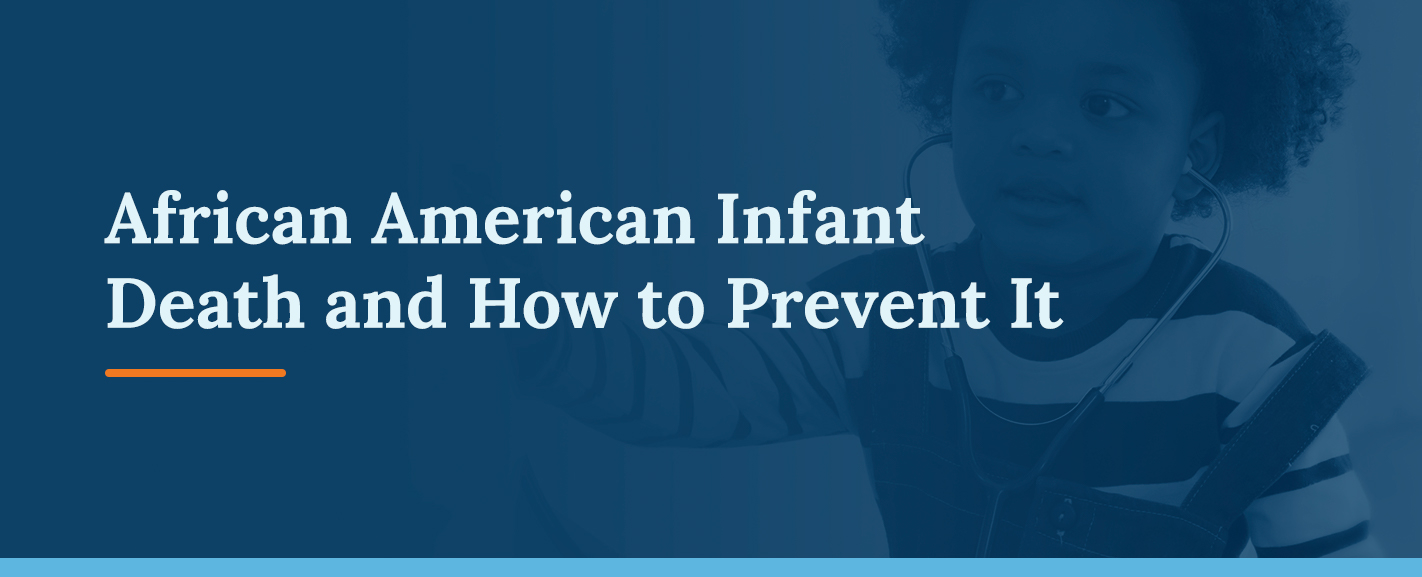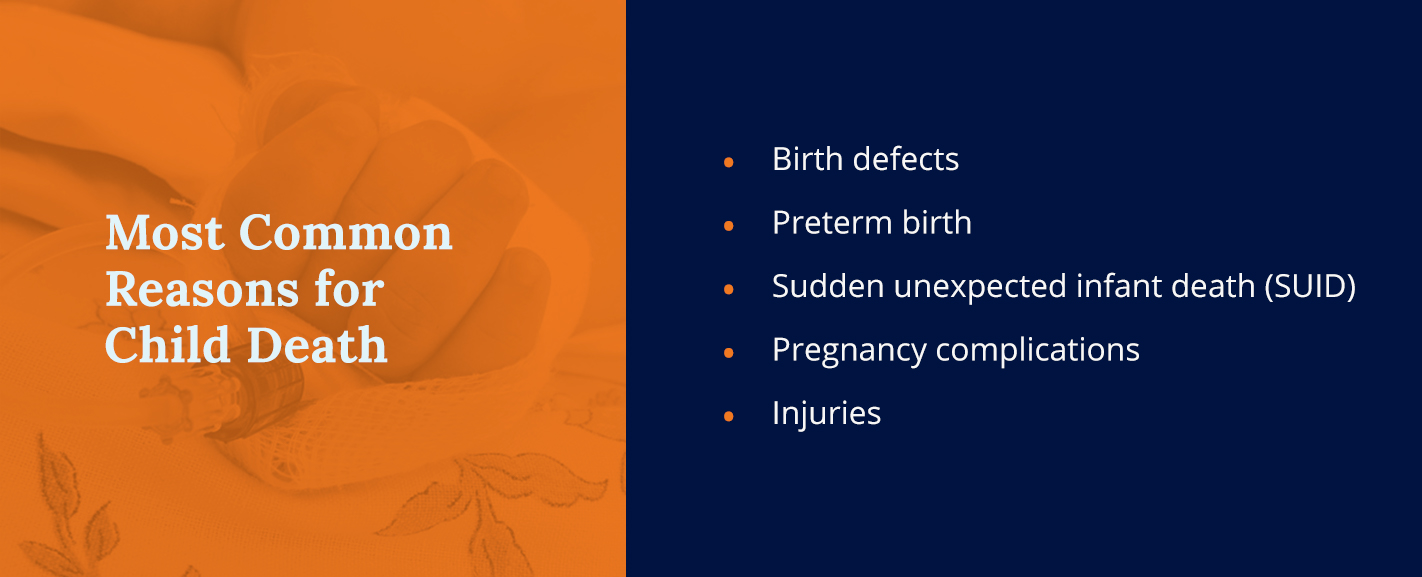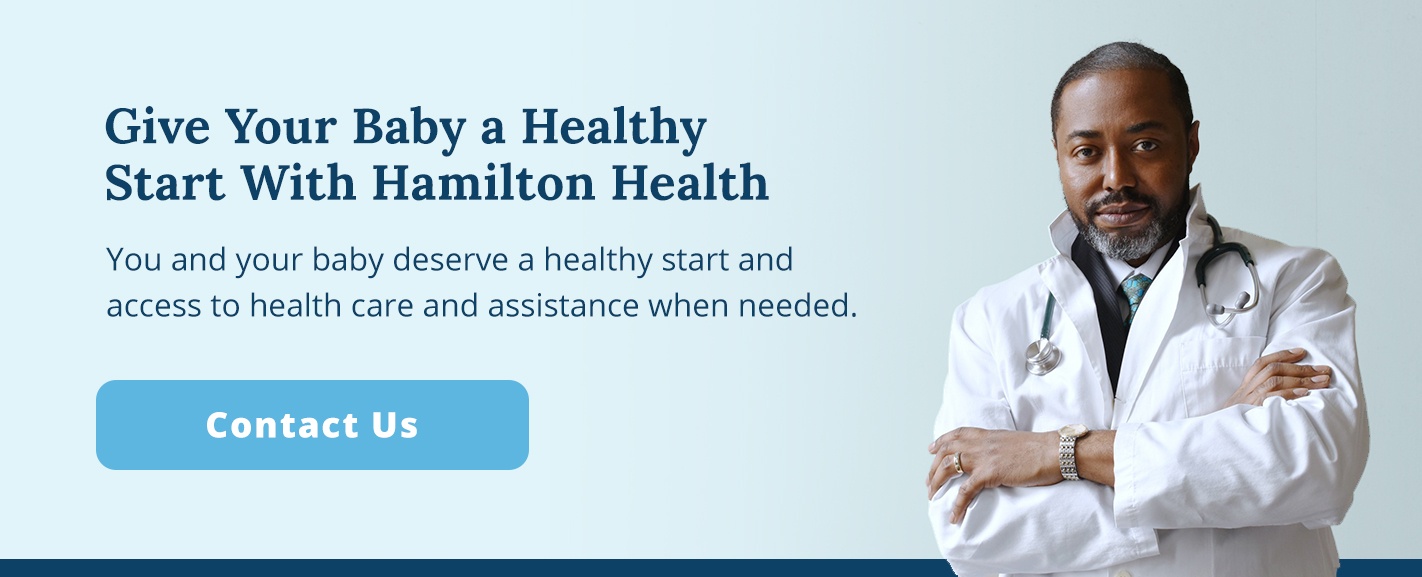One way to gauge the health and well-being of a society is to take a look at its infant mortality rate. Infant mortality refers to the death of a baby before their first birthday. The overall infant mortality rate across the U.S. is 5.7 out of every 1,000 live births. The rate varies from state to state and across race and ethnicities. In 2018, the state with the highest infant mortality rate was Mississippi, at 8.3 out of 1,000 live births. The state with the lowest rate was New Hampshire, at 3.6 out of 1,000 live births. Pennsylvania hovered close to the national average, with a rate of 5.9.
There’s also a racial divide when it comes to infant mortality. African American infant mortality rates are higher than for other races and ethnicities. The infant mortality rate for non-Hispanic black babies is 10.8, compared to 4.6 for white babies. Several factors, including access to health care, economic status and how prepared a person is to be a parent, can contribute to infant mortality rates.

Why Are African American Babies More Likely to Die Before Their 1st Birthday?
There isn’t one single reason why babies born to African American mothers are statistically more likely to die before the age of one. Instead, multiple factors contribute to higher rates of black infant mortality. Those risk factors include:
- Racial and gender discrimination: Implicit bias against non-white patients and bias against female patients can negatively affect the quality of care African American patients receive. Their needs and concerns might not be taken as seriously as those of a white, male patient, meaning that legitimate infant health concerns might not be treated in a timely manner.
- Reduced access to prenatal care: The ability to access pre-pregnancy and prenatal care is critical to the health of the mother and baby during pregnancy and after birth. When a pregnant woman isn’t able to see a doctor, she is less likely to get the care she needs or to have potential concerns and complications addressed. Prenatal care can help a woman learn about the supplements she can take to improve the health of her baby and the habits or lifestyle choices she might have to adjust to ensure a pregnancy that’s as healthy as possible.
- Poor mental and physical health: The health of a woman before she becomes pregnant can have an impact on the health of her baby. Black women are not statistically more likely to experience mental health concerns than white women, but they are more likely to try and sort through the issue on their own, rather than get professional medical help. Mental health, specifically stress, can have an adverse affect on your baby’s health status while the mother is pregnant.
- Socioeconomic status: There are notable income differences between white households and black households, which can affect the quality of medical care and access to care a family receives. Socioeconomic status affects many areas of our life including birth weight, death rates, heart disease, and other infant health outcomes.
- Exposure to stress over the course of a life: The amount of stress a mother experiences can have an impact on the mortality and health of her infant. Factors such as growing up poor, being the primary breadwinner for a family and having chronic health conditions such as diabetes can all contribute to infant mortality rates and infant mortality statistics.
Most Common Reasons for Child Death

Parents who lose a baby before their first birthday often have questions about why their child died and whether there was anything they could have done to prevent it. In many cases, the parents of the baby feel high levels of guilt. Understanding the more common causes of infant mortality can help parents avoid self-blame and can reduce feelings of guilt:
- Birth defects: About 3% of babies are born with a birth defect, which can range from mild to severe. Some birth defects can affect a child’s overall quality of life, while others can lead to infant death. Although it is possible to reduce the factors that can contribute to birth defects, such as by avoiding drinking alcohol or smoking during pregnancy, there isn’t a way to fully safeguard against infant health disparities.
- Preterm birth: A baby is preterm if they are born before 37 weeks. Preterm babies can have an increased risk of complications, including vision, breathing and feeding problems. Prenatal care can help to reduce the chance of a baby being born too early and reduce mortality rate.
- Sudden unexpected infant death (SUID): Around 3,600 infants die unexpectedly in the U.S. each year. Sudden infant death syndrome (SIDS) and unknown causes and strangulation in bed are examples of SUID.
- Pregnancy complications: Complications during pregnancy, such as gestational diabetes and high blood pressure, can put the health of mother and baby at risk.
- Injuries: Some injuries can be severe enough to be fatal to a baby. Injuries that can occur include suffocation, burns and drowning. Fortunately, there are many ways that parents can protect their babies and reduce the risk of a fatal injury.
Tips to Prevent Infant Mortality
If you are expecting a baby, you can take action to protect their health, both during your pregnancy and after birth. Here’s what you can do to keep your little one safe:
- Follow the ABC’s: When you put your baby to bed, remember your ABC’s: alone, back, crib. Your baby needs their own place to sleep to reduce the risk of being rolled on during the night and to keep them from getting stuck. Putting your baby on their back (not stomach) to sleep reduces the risk of SIDS. They should sleep in a crib that’s empty except for a mattress.
- Use a car seat: When traveling with your baby, strap them into a car seat that is appropriately sized for their weight and age. Babies under the age of two should ride in a rear-facing seat.
- Breastfeed: Breastfeeding your baby helps to build up their immune system and gives them the nutrition they need. Babies who breastfeed have a reduced risk of diabetes, certain infections, cancers and obesity.
- Get prenatal and postnatal care: Getting the right medical care during your pregnancy is essential for a healthy delivery. With prenatal care, you and your doctors can monitor your health and well-being during the pregnancy and can quickly treat and manage any issues or complications that arise. Prenatal care can help to lower the risk of birth defects and preterm birth as well. Postnatal care is vital for your baby’s health as well as for your own mental and physical health.
- Take folic acid: Even if you aren’t currently pregnant or planning on becoming pregnant, the Centers for Disease Control and Prevention recommends taking 400 micrograms of folic acid daily to reduce the risk of birth defects.
Give Your Baby a Healthy Start With Hamilton Health
You and your baby deserve a healthy start and access to family planning and health assistance when needed. Hamilton Health’s Greater Harrisburg Healthy Start program provides free care and case management to pregnant women and families of children under the age of 18 in Dauphin County. To give your baby the healthy start they deserve, contact us today to learn more about our services.



